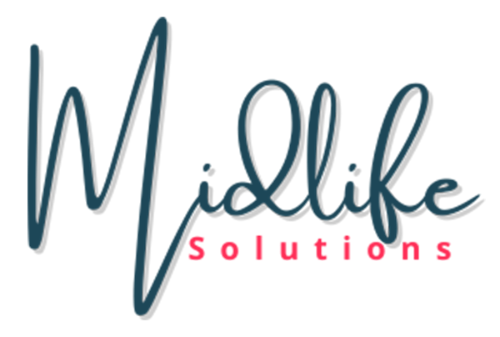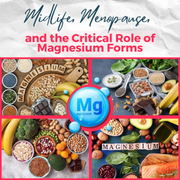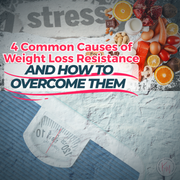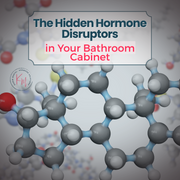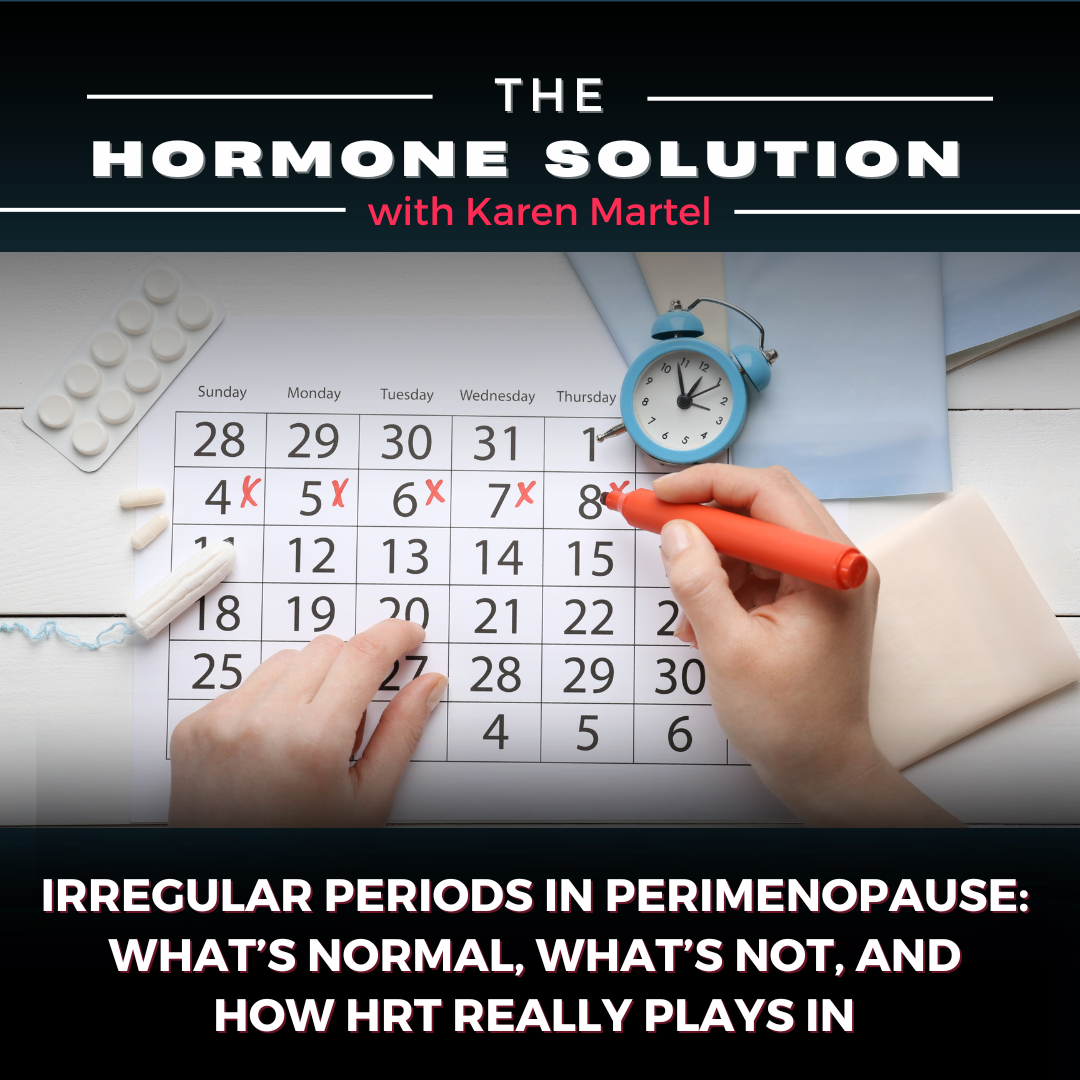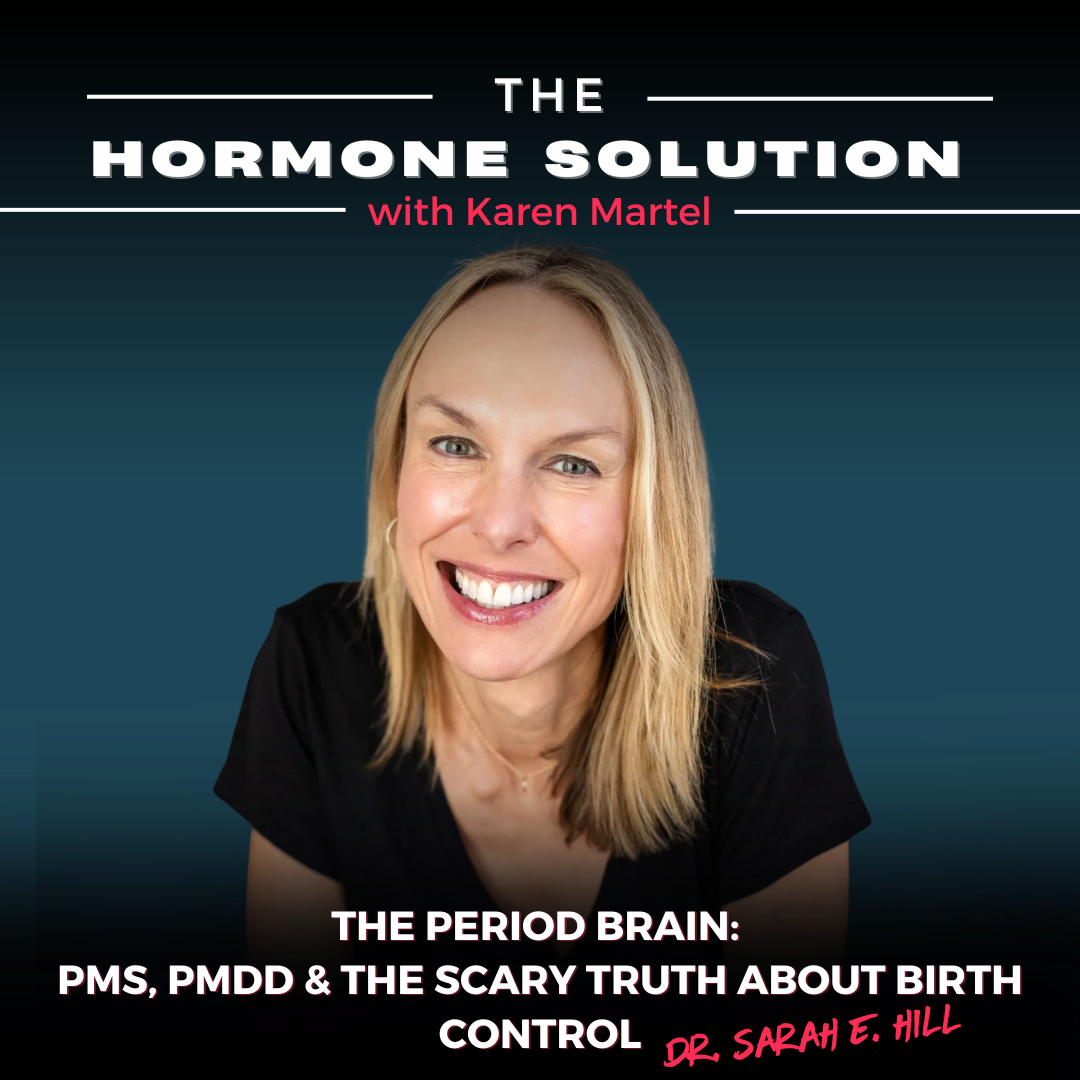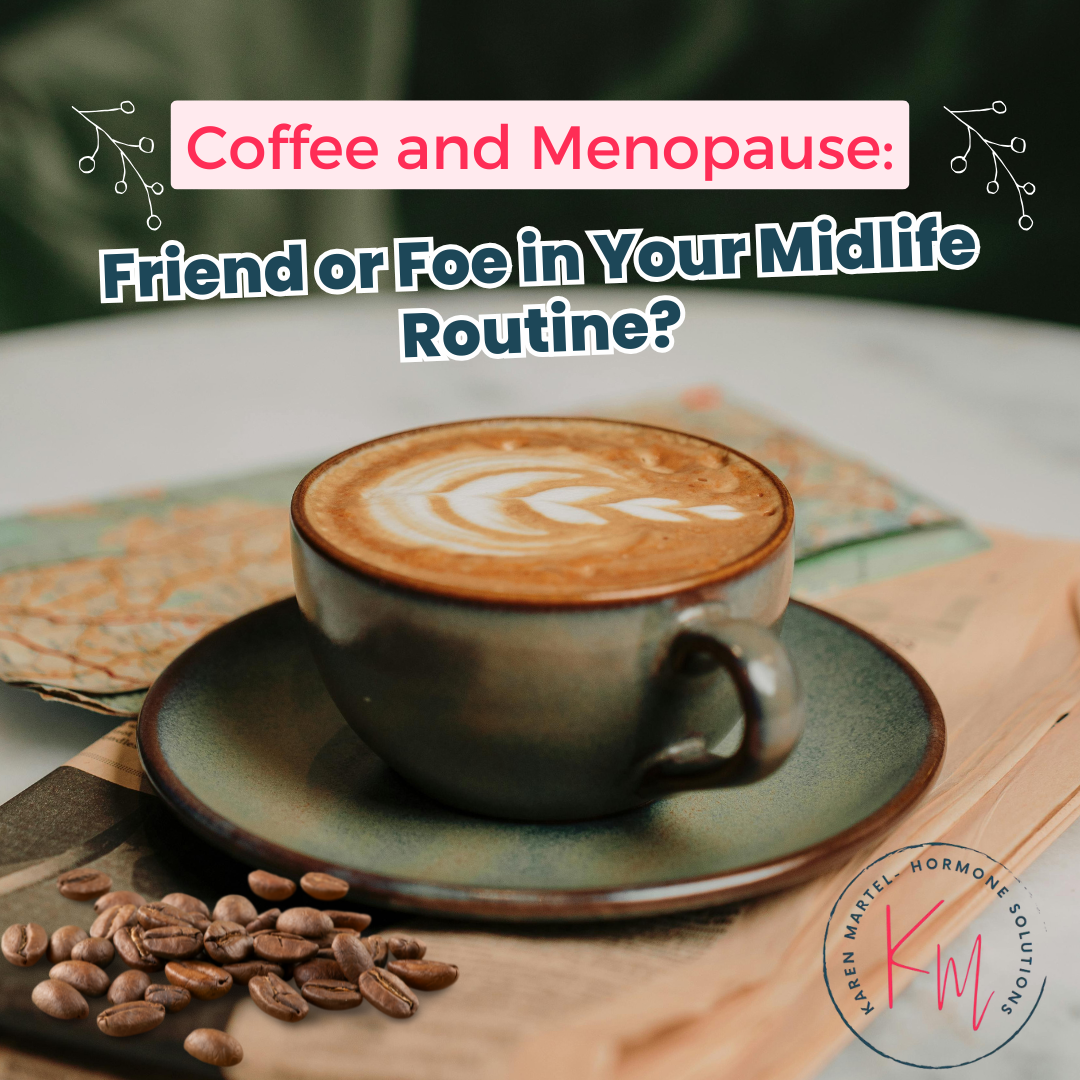
Coffee and Menopause: Friend or Foe in Your Midlife Routine?
Let’s face it—coffee is more than a drink. It’s a ritual. It’s the warm hug that kickstarts our day, helps us power through the afternoon slump, and sometimes, just gives us a moment to ourselves. But when you’re navigating the hormonal rollercoaster of perimenopause or menopause, that comforting cup of joe might be stirring up more than energy. As estrogen drops and your internal thermostat goes haywire, even the most innocent daily habits can start messing with your system—including caffeine. And in today’s world where every corner has a drive-thru latte and the shelves are overflowing with gourmet blends and cold brews, managing your coffee habit becomes more than just a health decision—it’s an act of rebellion.
What Caffeine Really Does to Midlife Hormones
According to a major Mayo Clinic study of over 1,800 women, caffeine affects us very differently depending on where we’re at in the menopausal transition.
-
Perimenopause? Caffeine may actually help. It’s been shown to improve mood, memory, and focus. So if you’re still cycling (even irregularly), a bit of caffeine might be your secret weapon.
-
Postmenopause? Not so much. The same study found caffeine made hot flashes and night sweats worse in postmenopausal women. Not exactly the vibe we’re going for.
It’s not just about vasomotor symptoms either—caffeine’s impacts run deeper.
Coffee’s Side Effects in Menopause (That No One Warns You About)
-
Sleep Sabotage: Menopause already throws your sleep off. Add caffeine’s ability to block adenosine (your brain’s natural sleep chemical), and it’s a recipe for tossing and turning at 3 a.m.
-
Bladder Drama: Caffeine irritates the bladder and can worsen urinary incontinence—something a lot of women experience as estrogen drops.
-
Mood Swings on Steroids: Yes, caffeine gives you that mental boost… until it spikes cortisol and crashes your mood. Too much can lead to anxiety, irritability, and hormonal rage you weren’t expecting.
How to Keep Your Coffee Ritual Without Wrecking Your Hormones
With the coffee industry exploding (a projected $381 billion global market by 2034), we’re not exactly short on options. But here’s how to enjoy your coffee like a hormone-savvy queen:
-
Cut it off by 2 p.m.: Caffeine’s half-life is 4–6 hours. If you’re drinking it past mid-afternoon, it’s still dancing through your system at bedtime.
-
Go half-caf or decaf: You don’t need to go cold turkey. Swap in some decaf or adaptogenic coffee alternatives gradually and see how your body responds.
-
Hydrate like it’s your job: Coffee’s a diuretic. Your hormones (and skin, and brain) will thank you for balancing it with water and herbal teas.
-
Choose better beans: Go for organic, mold-free, ethically sourced brews. Quality matters—and sometimes a really good cup means you need less of it.
-
Track your symptoms: Keep a quick log. If that second espresso triggers a hot flash or wave of anxiety, your body’s giving you the answer.
Bottom Line
You don’t have to break up with coffee. But you do need to redefine the relationship.
In perimenopause, it might still be your ally. In postmenopause, it could be fueling the very symptoms you’re trying to fix. Listen to your body. Make swaps where needed. And remember: this season of life is all about reclaiming control—and that includes your coffee cup.
References
-
Mayo Clinic Study on Caffeine and Menopause, YouTube, 2014.
-
Caroline Hill, MSc, RD. "Caffeine and Menopause: does it worsen symptoms?" Caroline Hill Nutrition, 2023.
-
"What’s Brewing: 5 Coffee Trends to Watch in 2025," Restaurant India, 2024.
-
"Coffee Market Size Set to Hit USD 381.52 Billion by 2034," Precedence Research, 2025.
-
Faubion SS et al., "Caffeine and menopausal symptoms: what is the association?" Menopause, 2015.

Find Karen Martel on Apply Podcast
Karen Martel is a Certified Hormone Specialist and Transformational Nutrition Coach dedicated to empowering women through their health journeys.
As the host of the popular podcast The Hormone Solution, Karen tackles the complexities of hormonal health, weight loss resistance, and the challenges that come with perimenopause and menopause.
Her mission is to disrupt outdated narratives surrounding women's health, providing reliable information and practical solutions that help women reclaim their vitality.
Tune in to discover how to embrace life's stages while enhancing overall well-being.
